
It’s been yet another successful summer for students in the Basecamp program. With so many incredible business ideas being conceptualized and brought to life by student entrepreneurs, it’s clear there’s no shortage of talent in this up-and-coming generation of startup founders.
Open to the top high school and university students each summer, Basecamp is an intensive, 8-week tech incubation program helping youth develop, market and accelerate innovative solutions to growing social or economic gaps in society.
At the end of the 2022 program, participating teams had the opportunity to pitch their startup ideas to a panel of judges for the chance to take home one of seven grants of $5,000 to help startups launch into the next phase of their growth.
So, who are the winning teams of this year’s Basecamp program?

Resource ASK – Khalil Bruce
Winner of the Black Founder Award – $5,000
Resource ASK is an organization that decentralizes Black entrepreneurs’ access to business resources. Through our interactive platform, Black entrepreneurs are able to receive curated business resources such as funding, capital, loans and networking opportunities that are relevant to them.
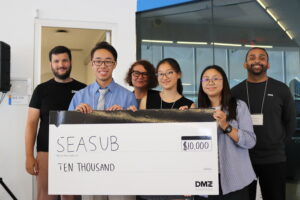
seaSub – Kelley Liang, Edison Han, Sydney Choe
Winners of the High School Award & the Supply Ai Award – $10,000
seaSub is a free online Chrome extension which acts as an enhanced search engine for online shopping, helping users find the perfect product based on their personal preferences, stock/availability, and shipping times.

Docere – Luka Lamaj
Winner of the Peer Choice Award & the University Team Award – $10,000
Docere is a video-call communication platform that eases interaction between doctors and patients via simple and accessible features such as 3D Body Graphs, maps of nearby doctors, scheduling calendars, and more.
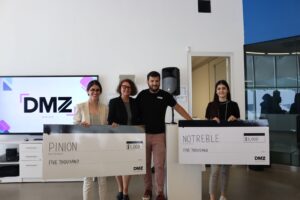
Pinion – Arezoo Najafi
Winner of the Women Founder Award – $5,000
Pinion is a platform that provides coaching services to international students. The best coaches for students are those who have gone through the same path, and Pinion helps international students not feel lonely in their path.
NoTreble – Kiana Karimi
Winner of the Women Founder Award – $5,000
NoTreble is a sound recognition and machine-enabled software that helps instrument learners practice more efficiently, decreasing their tendency to practice mistakes over and over again. It can listen and analyze student playing and give instantaneous instructions on how to avoid practicing mistakes. It also gives practice updates and results to the student’s teacher. This way, students can improve faster with fewer costs and greater ease of mind!
If you’re a student and ready to do big things in the world of entrepreneurship, join the DMZ community by getting started with Launchpad, a free online platform jam-packed with expert-curated content helping you gain the knowledge and skills needed to navigate the world of entrepreneurship. Visit dmz.to/launchpad to get started.

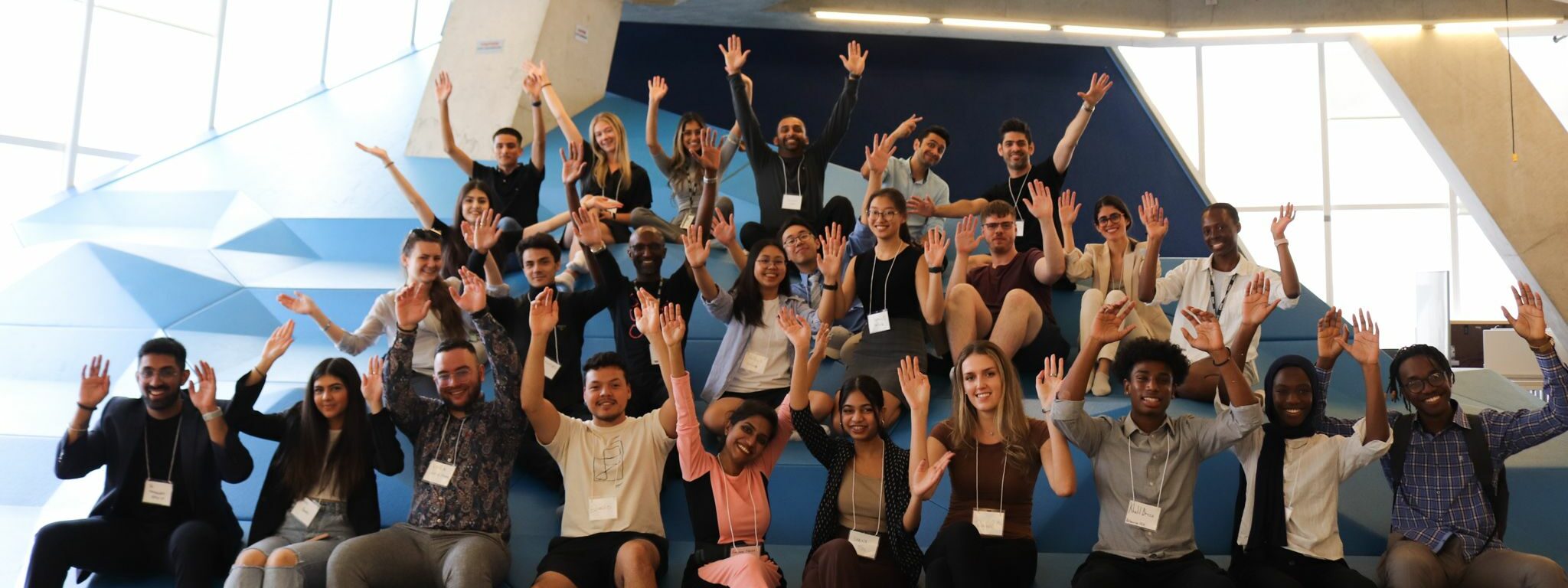

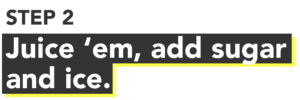




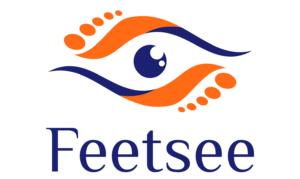

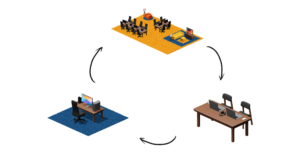





/https://www.thestar.com/content/dam/thestar/business/2022/05/05/neo-financial-becomes-calgarys-latest-1-billion-tech-unicorn/20220504130528-d42ac644beebbf9b9e256a5a48d580b1082506a32e3562812df6dac334c6d2b7.jpg)
:format(jpeg)/cloudfront-us-east-1.images.arcpublishing.com/tgam/2X5HWYITLFE77LMCE3FSJ37SCE.jpg)

